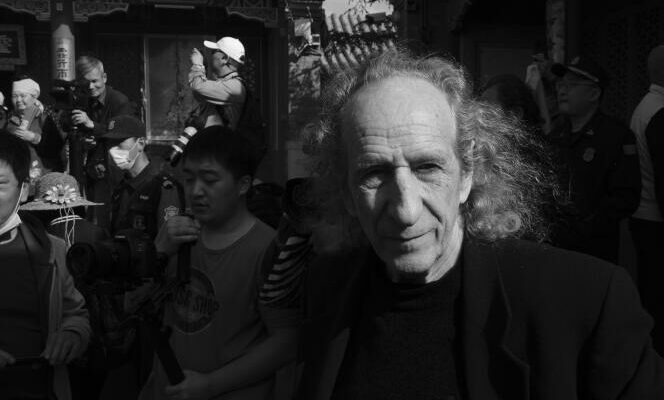“Seen from Europe, it is sometimes hard to imagine that one could spend one’s life in China with interests other than political news. If, for me, China has never ceased to be the center of the world, it is more because of its long history – of which Taoism is a witness – than its way of shaking the world. »
As China enters the Year of the Dragon, French ethnologist Patrice Fava, 79, publishes his Memoirs (A Taoist has no shadowBuchet-Chastel, 496 pages, 26 euros), story of the past half-century ” in the field “ to study Taoism, this pillar of the ancestral culture of ” the middle Empire “ at the crossroads of spirituality, philosophy, medicine, tradition, art and religion.
“Taoism is an ontology, a way of inhabiting the world”, defines, for his part, Patrice Fava. If Westerners generally know it through alternative medicines such as acupuncture, practices such as tai chi or through “wisdom” texts, such as those of Lao-tseu, advocating “non-action”, the “authenticity” or communion with nature, the work of Patrice Fava allows us to discover a much broader and more varied tradition, in contact with those who bring it to life today.
On Mao’s ashes
For almost five decades, under his pen and his camera, the ethnologist-director has revealed a mixture of myths, rites, communication with “powers of heaven”practices sometimes bordering on magic, shamanism, theater or meditation, and other experiences that the French language struggles to qualify.
How, moreover, to translate Tao, who gave “Taoism”? No French term can encompass such a subtle notion, designating the natural course of things, the “fundamental cosmic principle of time cycles”THE “flow that passes through ten thousand beings” composing the Universe, where yin and yang, the two complementary principles of the cosmos, intertwine and interact. From this Tao fundamental and inaccessible, a vast pantheon of deities will be born, as well as an almost infinite repertoire of symbols that the Taoists display through an abundant liturgy.
Nothing destined Patrice Fava to study such a complex field. Interested in most Far Eastern languages, he chose Chinese somewhat by chance for his studies. in Oriental Languages, in Paris, in 1965. “It came from my surrealist challenges, but also from my desire to move away from my bourgeois family – these two projects, moreover, were one. » In his youth, Patrice Fava frequented the circle of La Promenade de Vénus, a café in the Les Halles district, formed around the poet André Breton (1896-1966), “the pope of surrealism”.
You have 80% of this article left to read. The rest is reserved for subscribers.
